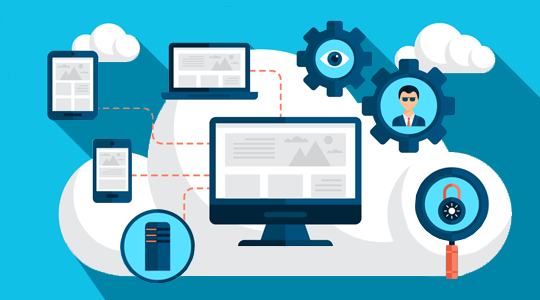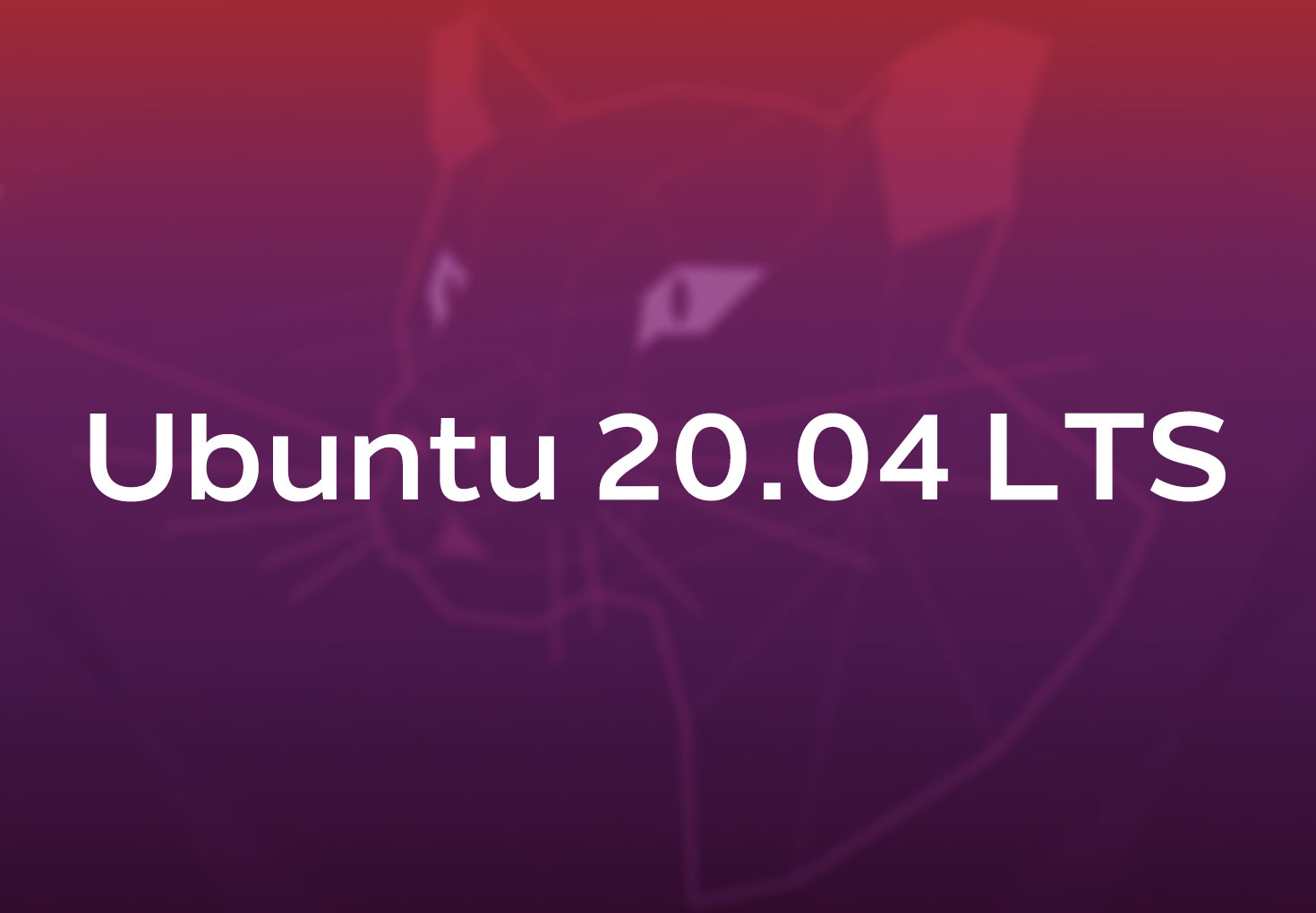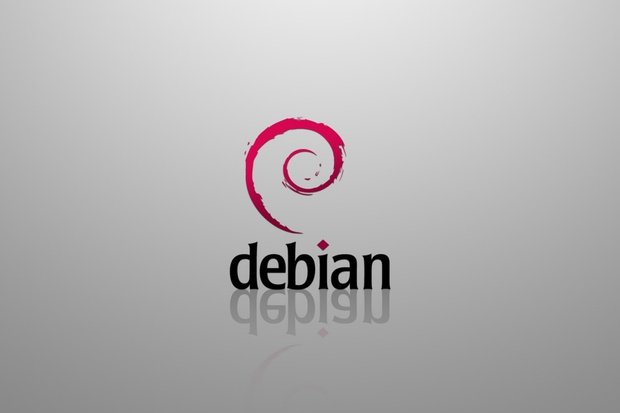


With in-depth knowledge of standard distributions including RedHat Enterprise (RHEL), Ubuntu, Debian, SUSE, Slackware, and CentOS, to related POSIX operating systems such as Solaris, UNIX and FreeBSD, we can provide the specialist support your Linux boxes need to keep them running smoothly. We can provide constant monitoring, system maintenance, and on-site support as part of a bespoke service that supports Linux’s legendary stability, providing external support for anything from one Linux server to hundreds.
Whether you require fully outsourced monitoring and management for the Linux machines on your network, or just want to know that support’s at the end of the phone when you need it with our pay-as-you-go service, help4IT has the expertise you require.

Unix is a popular multi-user, multitasking operating system developed at Bell Labs in early 1970s and it was one of the first operating systems to be written in a high level programming language C. So it can be installed virtually on any computer which has a C compiler and this natural portability made it as a popular choice. Similar to Microsoft Windows, UNIX systems also have a graphical user interface (GUI) which provides an easy to use environment. But knowledge of UNIX is required for operations which aren’t covered by a graphical program or for when there is no windows interface available as in a telnet session

Ubuntu is a leading Linux PC operating system. Ubuntu is built on Debian (another linux OS ) architecture. It has both desktop as well as server version available in both 32 and 64 bit platforms. From 14.04 onwards Ubuntu has smartphone/tablet versions too. Ubuntu’s desktop environment is called Unity. Continuous development, very active community, support of a wide range of third party softwares, makes Ubuntu most popular Linux OS in desktop computing. Canonical, patron of Ubuntu, releases a new version of OS in every six months and its LTS versions in every two years

The Debian Project is an association of individuals who have made common cause to create a free operating system. This operating system is called Debian. Debian systems currently use the Linux kernel. Linux is a completely free piece of software started by Linus Torvalds and supported by thousands of programmers worldwide. Of course, the thing that people want is application software: programs to help them get what they want to do done, from editing documents to running a business to playing games to writing more software. Debian comes with over 50,000 packages (precompiled software that is bundled up in a nice format for easy installation on your machine) – all of it free. It’s a bit like a tower. At the base is the kernel. On top of that are all the basic tools. Next is all the software that you run on the computer. At the top of the tower is Debian — carefully organizing and fitting everything so it all works together.